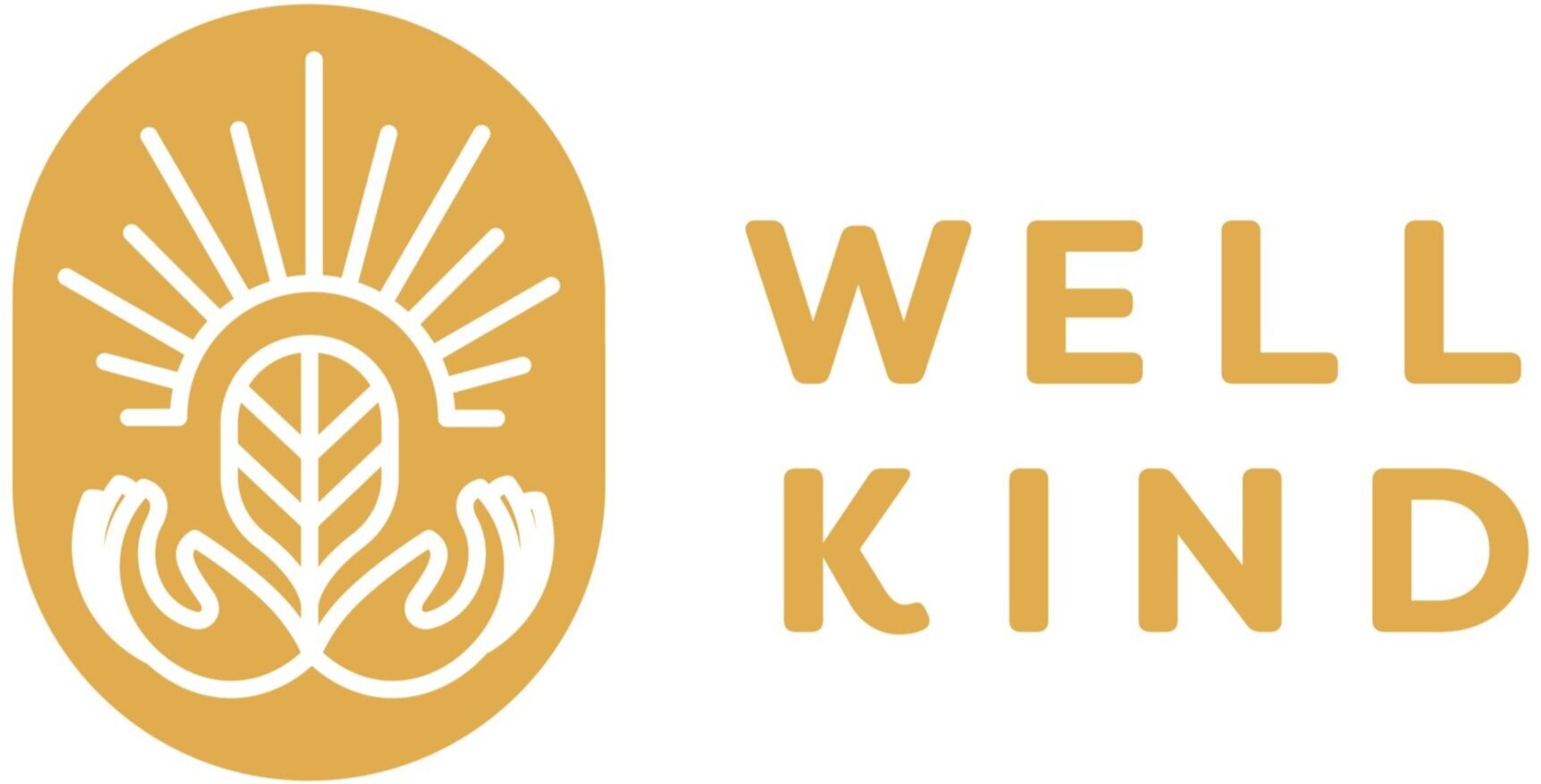Does Your School Need Help Building a Garden? We’re Giving Mini-Grants in Sonoma County
By Michael Collins and Walker Laughlin
Want to get your students out of doors and learning science, ecology, nutrition, and more? On September 16th, WellKind will be accepting applications for mini-grant proposals from Sonoma County public schools that are creating or sustaining a garden or are taking on garden-related projects.
Our Garden Program partners with 23 schools, serving over 8,000 youth. Eighty-seven percent of our partner schools are supported by the federal Title 1 program, which provides funding assistance to schools serving large numbers of students from low-income families. Through the September 2022 mini-grant application process launch, we hope to reach even more schools and students as well as continue to assist schools that have received garden grants in the past.
Montserrat Archila, the School-Based Behavioral Health Programs Lead for St. Joseph’s Health in Sonoma County, is a proud member of our advisory board. She helps us select schools to provide assistance and garden instruction. She says, “When you think about gardens, it’s not just the benefit of the food; it really transcends so much of a child’s health to have the ability to have access. And I think that’s really huge for me—creating that access that everybody should have as it pertains to gardens and park space. When we talk about equity and access, I feel that is another reason that WellKind’s work brings such value to the community. . . . I can’t say enough about the WellKind organization, they are so thoughtful in carrying out this mission of equity and access of gardens to the community.”
How GARDENS Benefit schools
According to WellKind Master Teacher Laura Honda, “What I noticed with children is their natural connection to the environment. They just naturally love being outside. There's nothing they love more, and they will dedicate themselves to taking care of anything that they plant. They love planting. They love watering. They love watching things grow.” Honda was recognized by the California State Teachers Association with the Distinguished Science Teacher of the Year award.
Beyond the health benefits of getting kids outside, studies have found academic benefits for both students and teachers. For example, learning science in the garden has proven to reach a wider margin of students than learning from a book. Gardens can increase enthusiasm for learning while leveling the playing field, raising the academic performance of all students.
Sara Gramm, a past WellKind mini-grant recipient and principal of Brook Haven Middle School, said, “I think having a garden program on campus just opens these kids’ experiences to so many different things. They're able to use their math, their science skills in real-world application, and have not only that farm-to-table experience but also use math in a real-world way. You see science happen before their eyes, and for us, watching that magic is the most important part of our job.”
Gardens also benefit teachers. In a study across 14 K-12 schools, 96 percent of teachers mentioned frequent occasions to use innovative instruction because of outdoor education’s problem-solving, project-based methods, which yield more alternative instructional strategies, authentic assessment, team teaching, and cross-disciplinary instruction, compared to a traditional educational framework (Lieberman and Hoody, 1998).
If you think your school could benefit from a garden grant, apply soon. The deadline for a school garden grant from WellKind is December 31, 2022 so schools can be selected in January and begin planting in the spring. Click here to apply.

